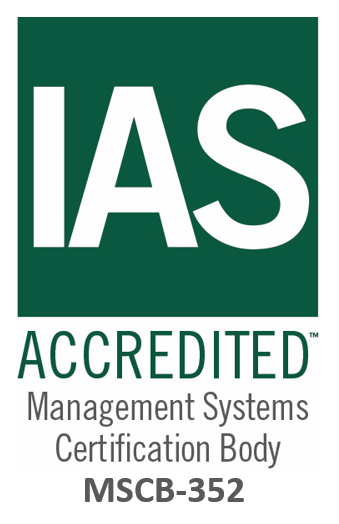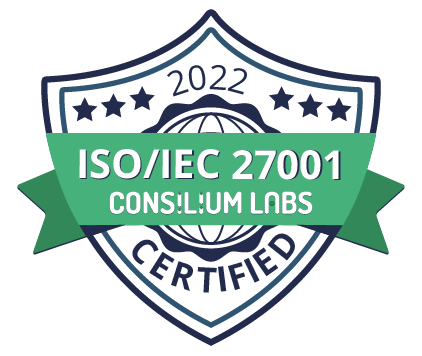The pressures on in-house teams both to deliver more for less and add more business value are only increasing. The main response to date has been to bring the support of commercial contracts in-house, but there are challenges with this as the sole approach.
Head count constraints are common, while reports are showing in-house counsel workloads becoming overwhelming, leading to stress and burnout that ultimately decrease productivity.
As a result, many GCs are looking at the right balance of internal and external support to deliver business value cost-effectively.
At Radiant Law, we have a model for how we think commercial contracting will increasingly be delivered in the future. As a guideline for considering how to find the balance, we effectively split the world of commercial contracts by volume and degree of value. Reviewing work through this framework allows more nuanced thinking around the appropriate way to handle each aspect of your commercial contracting work:

If you have high volumes of similar high value contracts, getting really good at delivering them may make sense as a core activity of your business. This is where we see the big software providers, for example, with large teams of professional negotiators. Handling this work in-house and building up the skills of your team could be the best approach – and there’s a lot of help available to implement tools, processes and approaches developed in the managed legal services world that could be applied here.
If the contracts are relatively rare and hard, then relying on expert advisors at law firms to help you usually makes sense. The question then becomes whether these services can be bought smartly: you can fix fees, disaggregate the work and push parts to alternative service providers, and you can build long term relationships with law firms to create more value.
Moving to the bottom left, it's reasonable to expect the business to safely support the low value, low complexity work that doesn't come up often enough to impact on day-to-day capacity. The question becomes, how do you help the business to help themselves? This is the domain of training, policies, standard terms and self-help tools.
When you have high volumes of simple and medium-complexity contracts (the top left of the matrix), the business can reasonably look to legal and ask for a solution. And that's where managed legal services come in.
Managed legal services is the support, by a trusted supplier, of high volumes of similar contracts that need to be negotiated and managed well. These contracts are the lifeblood of a company and an integrated managed legal services provider, through the provision of contract experts applying legal judgement, can help your in-house team demonstrate high levels of business value:
- Services are process-driven. We care about how the work gets done, how contracts and contract negotiations can be optimised and how continuous improvement can be applied.
- Services are technology-enabled. By including the technology as part of the service, we allow clients to introduce technology without having to go through a major IT project, including dashboards, document automation and workflow.
- Services are fixed price. We support clients on a flat monthly retainer irrespective of volumes, or on a price per contract, or a hybrid of these models. But the one thing we don't do is sell time, either with hourly or day rates.
Once you’ve tried our calculator for an overview of the potential savings you could make from changing the way your commercial contracts are supported, the next step is considering what work you have in the pipeline, and what the best sourcing value options are to deliver it. To discuss how to achieve a balance that delivers value to your business complete our enquiry form, email us today or call us on +44 203 865 1200.




















.png)
.jpg)




.jpg)









.png)
.png)




.png)





























.jpg)


